Providence Academy History
Built in 1873, Providence Academy is an important link to Vancouver’s past.
Read on to learn how Providence Academy transformed from Mother Joseph’s dream to the most significant historic building in the region.
Photos and images are generously provided by Providence Archives.
Explore the impressive and culturally significant history of Providence Academy.
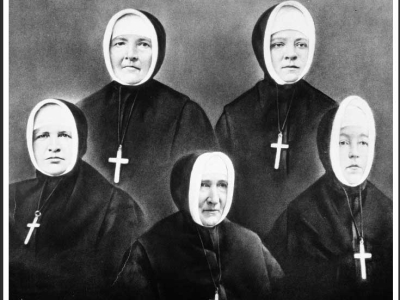
1856
Mother Joseph of the Sacred Heart and four other Sisters of Providence left Montreal, Canada for Vancouver in the Washington territory to establish a mission in the American West. The Sisters arrived at Fort Vancouver in December 1856. No preparations made for their arrival and they were offered the attic of the Bishop’s house as their shelter until further accommodations could be arranged.
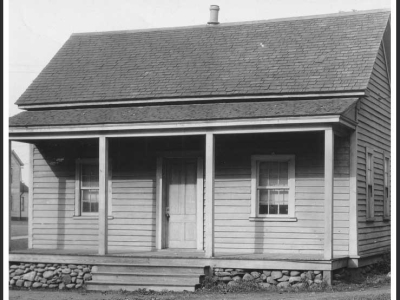
1857
The Sisters established a school in the Pacific Northwest in a one-room cabin at Fort Vancouver. They welcomed orphans, the sick, and the elderly, and soon their operation outgrew the small cabin. A school, hospital, mental hospital, and orphanage were built on the Sisters’ claim at the Fort, but the land’s ownership was under dispute and the site was prone to floods. Mother Joseph set out to build permanent governance offices on higher ground.
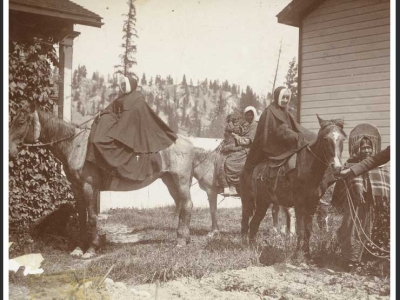
1860s
Mother Joseph and the Sisters took lengthy, dangerous fundraising trips by horseback, stagecoach, wagon, and riverboat to settlements, mines, and lumber camps in the region to raise money for their permanent governance offices.
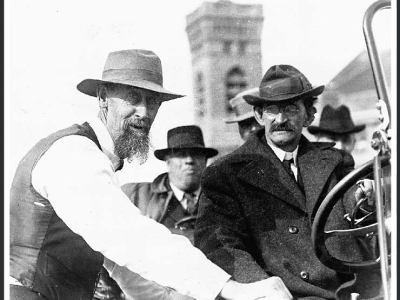
1871
By 1871, Mother Joseph had secured the resources needed to start construction of the Academy on a seven-acre parcel of land located just outside the west entrance of what had become the first U.S. Army post in the Pacific Northwest with the change to American ownership in 1849. She designed the building and supervised its construction, even teaching a man named Lowell Hidden, who later founded the Hidden Brick Company, to make the one million bricks needed for the project.
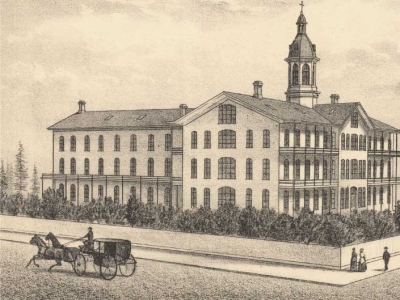
1873
The new House of Providence school, orphanage, and governance offices for the Sisters was dedicated in September of 1873. It received recognition as the largest brick building north of San Francisco and served as the seat of governance of all the Sisters’ ministries in the Northwest.
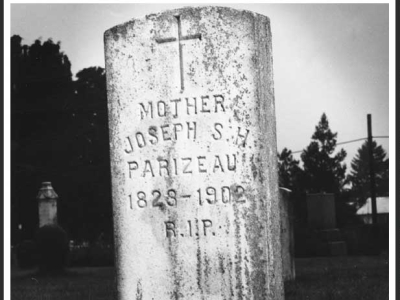
1902
Mother Joseph went on to develop 29 more schools and hospitals in the Pacific Northwest, forming the original core of not-for-profit Providence Health & Services. After a prolonged illness, Mother Joseph died on January 19, 1902 at Providence Academy, surrounded by the Sisters of Providence. She is buried in the St. James Cemetery, now called the Mother Joseph Cemetery.
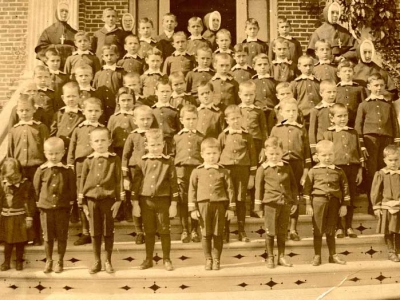
1924
The Sisters of Providence moved their governance offices to Seattle. The Academy continued to serve the community as a highly-respected school for girls and boys.
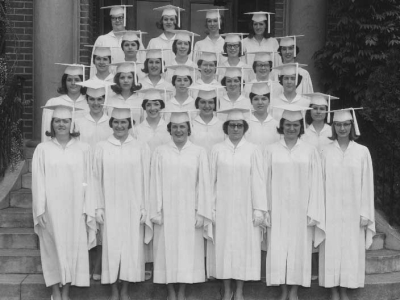
1966
Providence Academy school closed after 110 years of service. Two Vancouver parishes, St. Joseph and Our Lady of Lourdes, opened new schools and there was diminished need for the House of Providence school.
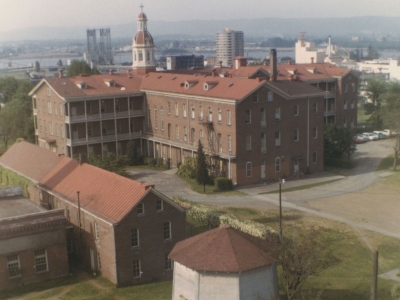
1969
The Academy site was purchased by the Hidden Family, who supported it by renting out the Academy building as commercial space, renting parking spaces, and leasing the building that housed the El Presidente Restaurant on the Academy grounds.
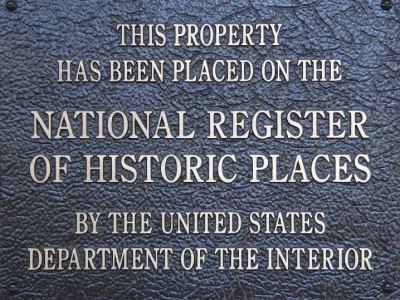
1978
Providence Academy was listed on the National Register of Historic Places thanks to the efforts of local citizens.
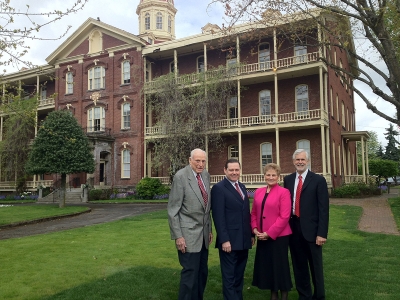
2012
The Historic Trust (then known as the Fort Vancouver National Trust) launched their campaign to purchase Providence Academy to preserve the building and bring new life to the historic site.
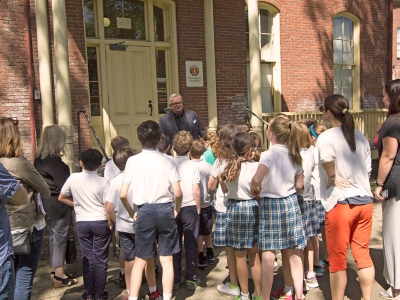
2015
The Historic Trust successfully acquired Providence Academy with $5 million raised by a philanthropic campaign and began offering public tours of the Academy building.
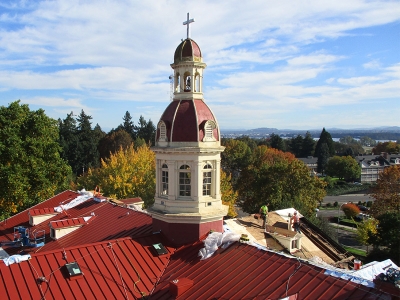
2017
The Historic Trust replaced the Providence Academy’s failing roof and rehabilitated its three-story north porches as part of a multi-year renovation plan.
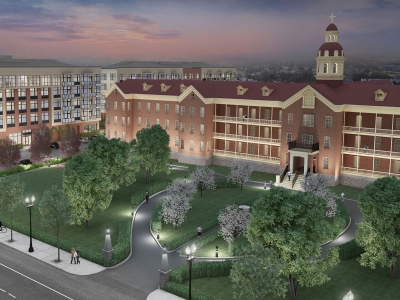
2018
After an extensive multi-year process, The Historic Trust selected Marathon Acquisition & Development for the Providence Academy redevelopment project as a result of their commitment to The Trust’s guiding principles for the project–preservation, compatibility, fiscal sustainability, safety and code compliance, and stakeholders and public benefit–and their plan to invest $40 million in the new buildings and site-wide improvements.

